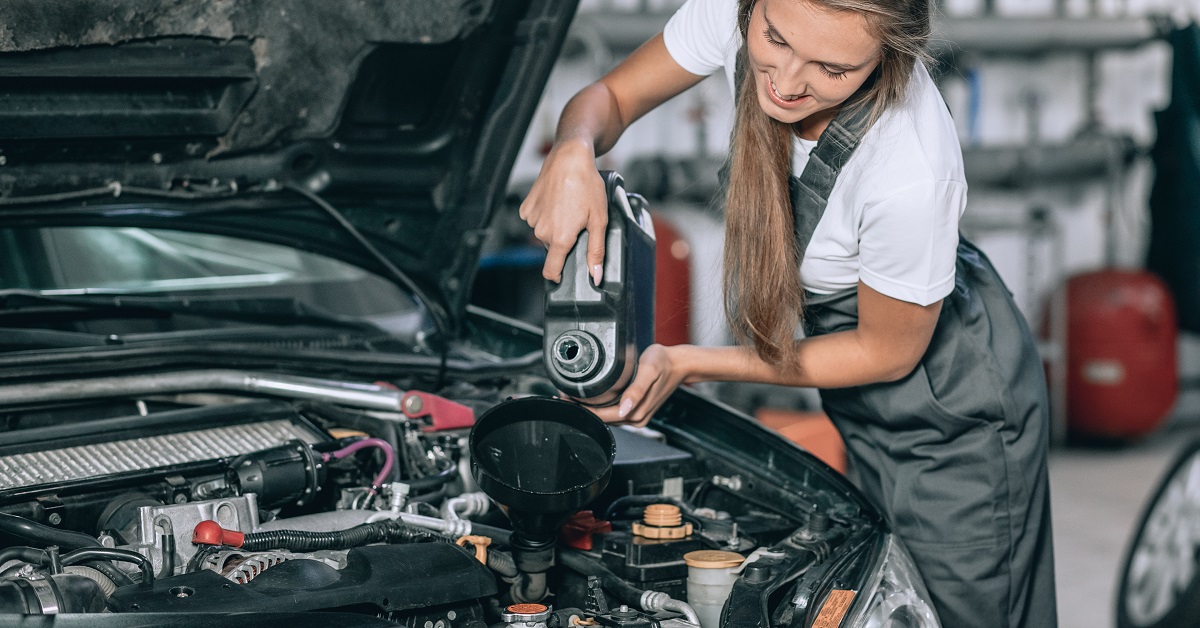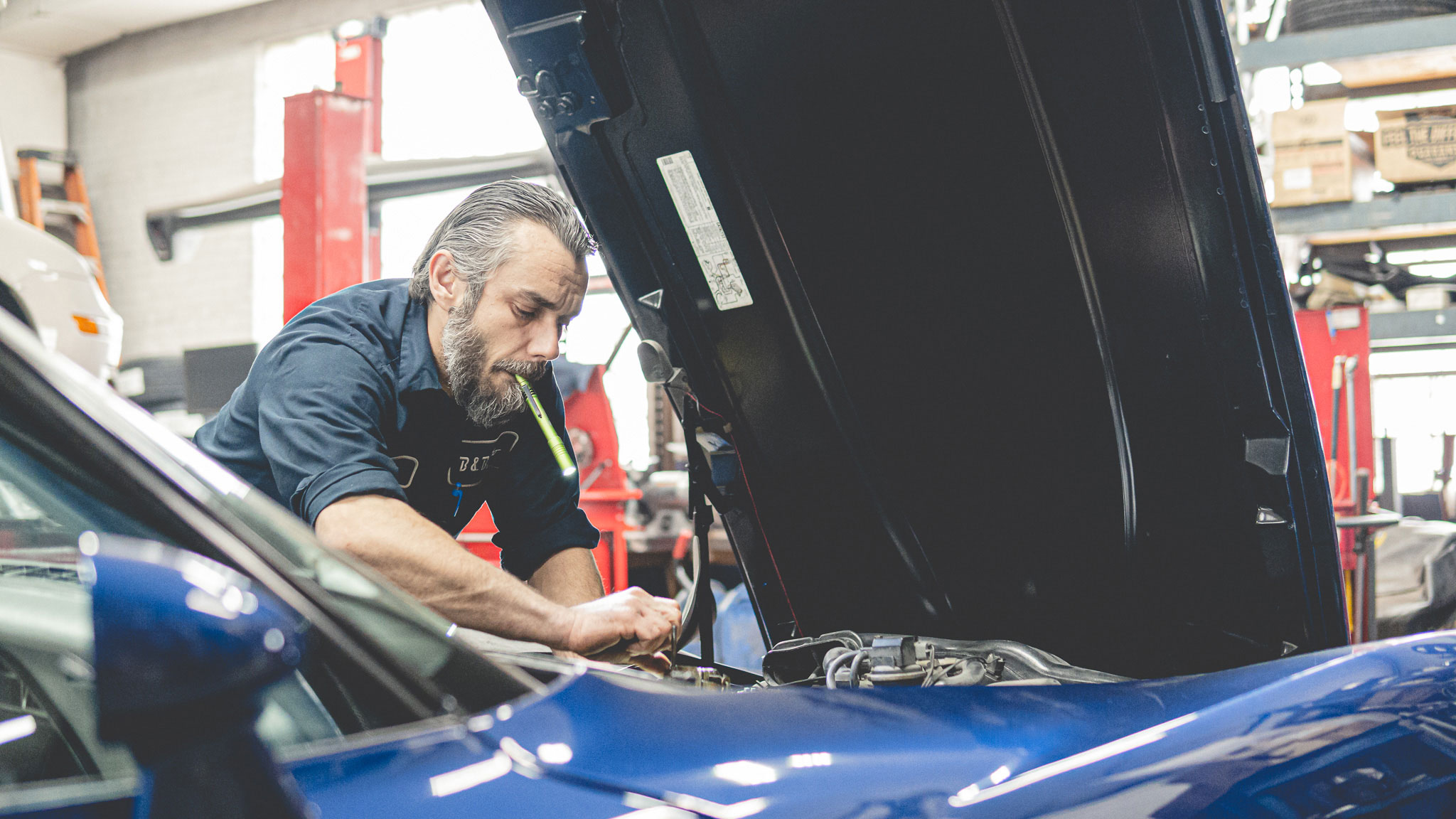Featured
When your auto overheats, it can seem like a major emergency situation, yet remaining tranquil and following the right actions can avoid significant engine damages and help get you back when driving securely. In this post, we'll discover what to do if your auto overheats and provide preventative suggestions to minimize the risk of overheating in the future.
If Your Car Gets too hot,What to Do. If your vehicle starts to get too hot is to pull over to a risk-free place as soon as possible, pull Over to a Safe Place The initial and most important action. Activate your danger lights and lead your car to the shoulder or into a parking whole lot. Keeping your vehicle running while it's overheated can cause extreme damages to the engine, so it's crucial to close the engine off today.
Let the Engine Cool Once you have actually securely quit, enable the engine to cool down. You should never ever attempt to open the radiator cap while the engine is still warm, as the release of vapor or warm coolant can trigger burns. Wait at the very least 15-20 minutes to allow the engine temperature level to drop to a much safer degree prior to continuing.
![]()
Examine the Coolant Level After the engine has actually cooled, inspect the coolant degrees by evaluating the reservoir or radiator. Leading it off with a mix of coolant and water (as defined by your car's manufacturer) if it's reduced. Constantly utilize caution when opening the coolant tank, as pressure may have accumulated.
Search For Noticeable Leakages While you wait for the engine to cool, visually evaluate the radiator, tubes, and coolant tank for any visible leaks or cracks. A leaking radiator or hose is a common cause of getting too hot. It's better to call a tow solution than danger driving additionally and triggering extra damage. if you discover a considerable leakage.
Restart the Engine After permitting the engine to cool down and making certain the coolant is complemented, start the engine and check the temperature scale. If the temperature level proceeds to increase swiftly, it's best to shut the engine off and ask for roadside aid or a tow to the local technician.
![]()
Just How to stop Getting Too Hot in the Future. Routinely Inspect Coolant Levels Among the simplest means to avoid overheating is by preserving the ideal degree of coolant. In time, coolant can evaporate, so frequently examine the coolant levels in the reservoir. Low coolant degrees can create the engine to get too hot swiftly, so leading it off as needed.
Examine the Radiator The radiator plays a vital function in maintaining the engine cool. Regularly examine the radiator for any kind of clogs, dirt, or debris that might block air movement. If you observe any kind of indications of damages, such as corrosion or leakages, have it repaired or replaced asap.
The thermostat regulates the circulation of coolant, while the water pump distributes it through the engine. If either component is malfunctioning, it can avoid appropriate cooling.
Flush the Cooling System In time, coolant can break down and end up being ineffective, creating an accumulation of debris in the system. Flushing the air conditioning system every 30,000 miles, or as recommended in your vehicle's manual, aids to eliminate any sludge or build-up and makes certain the cooling system is working effectively.
Screen the Condition of the Tubes The tubes in your automobile's air conditioning system can wear out or fracture in time. Evaluate the pipes for any kind of indications of wear, such as bulging, cracks, or leakages, and change them if required. Protecting against coolant leakages can go a lengthy means in avoiding overheating.
![]()
Drive Sensibly Aggressive driving, such as speeding up rapidly or driving at broadband, places additional strain on your engine and its cooling system. Attempt to drive at modest rates, particularly on hot days or when driving on high inclines, to lower the chances of overheating.
Stay Clear Of Overwhelming Your Lorry Carrying extreme weight in your lorry places tension on the engine and cooling system. Always be mindful of your automobile's weight restriction, especially if you're carrying hefty lots, pulling a trailer, or driving cross countries in hot weather.
Conclusion. A getting too hot auto can be a frightening experience, however understanding just how to respond and avoid it can save you time, cash, and potential engine damages. Constantly inspect your coolant levels, examine vital components like the radiator, thermostat, and hoses, and adhere to a normal maintenance schedule. By staying on top of your vehicle's air conditioning system, you can reduce the danger of overheating and take pleasure in a smoother, safer driving experience.
If Your Car Gets too hot,What to Do. If your vehicle starts to get too hot is to pull over to a risk-free place as soon as possible, pull Over to a Safe Place The initial and most important action. Activate your danger lights and lead your car to the shoulder or into a parking whole lot. Keeping your vehicle running while it's overheated can cause extreme damages to the engine, so it's crucial to close the engine off today.
Let the Engine Cool Once you have actually securely quit, enable the engine to cool down. You should never ever attempt to open the radiator cap while the engine is still warm, as the release of vapor or warm coolant can trigger burns. Wait at the very least 15-20 minutes to allow the engine temperature level to drop to a much safer degree prior to continuing.

Examine the Coolant Level After the engine has actually cooled, inspect the coolant degrees by evaluating the reservoir or radiator. Leading it off with a mix of coolant and water (as defined by your car's manufacturer) if it's reduced. Constantly utilize caution when opening the coolant tank, as pressure may have accumulated.
Search For Noticeable Leakages While you wait for the engine to cool, visually evaluate the radiator, tubes, and coolant tank for any visible leaks or cracks. A leaking radiator or hose is a common cause of getting too hot. It's better to call a tow solution than danger driving additionally and triggering extra damage. if you discover a considerable leakage.
Restart the Engine After permitting the engine to cool down and making certain the coolant is complemented, start the engine and check the temperature scale. If the temperature level proceeds to increase swiftly, it's best to shut the engine off and ask for roadside aid or a tow to the local technician.

Just How to stop Getting Too Hot in the Future. Routinely Inspect Coolant Levels Among the simplest means to avoid overheating is by preserving the ideal degree of coolant. In time, coolant can evaporate, so frequently examine the coolant levels in the reservoir. Low coolant degrees can create the engine to get too hot swiftly, so leading it off as needed.
Examine the Radiator The radiator plays a vital function in maintaining the engine cool. Regularly examine the radiator for any kind of clogs, dirt, or debris that might block air movement. If you observe any kind of indications of damages, such as corrosion or leakages, have it repaired or replaced asap.
The thermostat regulates the circulation of coolant, while the water pump distributes it through the engine. If either component is malfunctioning, it can avoid appropriate cooling.
Flush the Cooling System In time, coolant can break down and end up being ineffective, creating an accumulation of debris in the system. Flushing the air conditioning system every 30,000 miles, or as recommended in your vehicle's manual, aids to eliminate any sludge or build-up and makes certain the cooling system is working effectively.
Screen the Condition of the Tubes The tubes in your automobile's air conditioning system can wear out or fracture in time. Evaluate the pipes for any kind of indications of wear, such as bulging, cracks, or leakages, and change them if required. Protecting against coolant leakages can go a lengthy means in avoiding overheating.

Drive Sensibly Aggressive driving, such as speeding up rapidly or driving at broadband, places additional strain on your engine and its cooling system. Attempt to drive at modest rates, particularly on hot days or when driving on high inclines, to lower the chances of overheating.
Stay Clear Of Overwhelming Your Lorry Carrying extreme weight in your lorry places tension on the engine and cooling system. Always be mindful of your automobile's weight restriction, especially if you're carrying hefty lots, pulling a trailer, or driving cross countries in hot weather.
Conclusion. A getting too hot auto can be a frightening experience, however understanding just how to respond and avoid it can save you time, cash, and potential engine damages. Constantly inspect your coolant levels, examine vital components like the radiator, thermostat, and hoses, and adhere to a normal maintenance schedule. By staying on top of your vehicle's air conditioning system, you can reduce the danger of overheating and take pleasure in a smoother, safer driving experience.
Latest Posts
Find Out Save Big on Car Maintenance with Montclare Auto Repair’s Special Deals
Published May 27, 25
1 min read
Explore WyHy Federal Credit Union – Essential Perks for Your Financial Success
Published May 27, 25
1 min read
Discover WyHy FCU – Key Advantages for Your Future
Published May 24, 25
1 min read